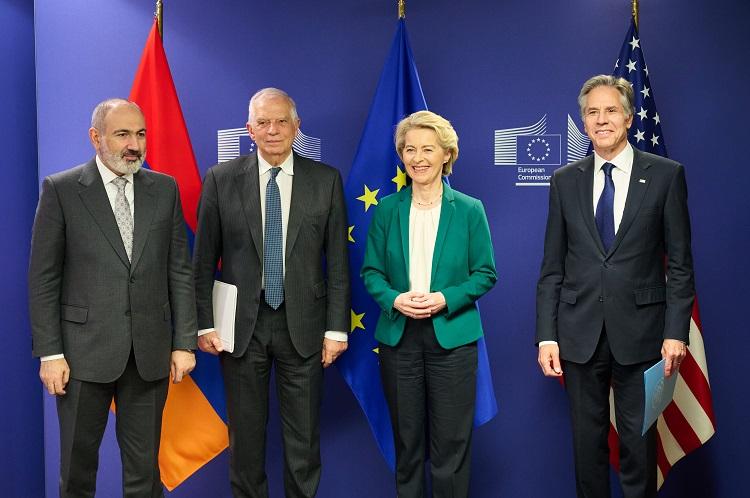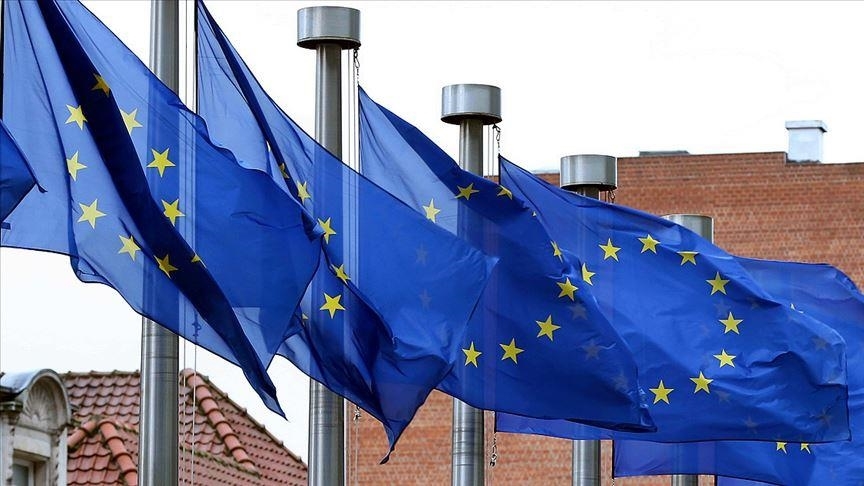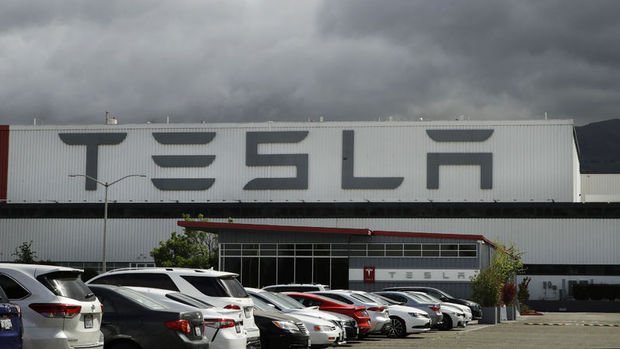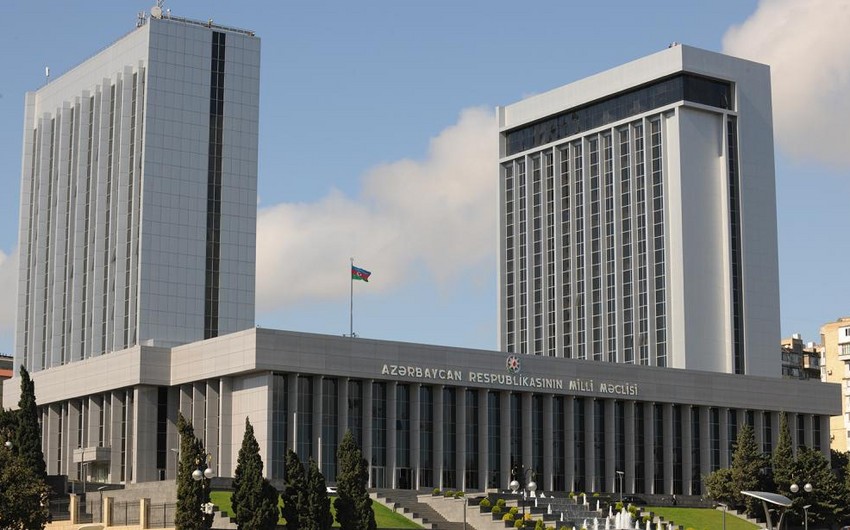On Oct. 16, the Bureau of Labor Statistics announced yet another piece of good news: the number of job openings has risen to more than 7.1 million, continuing a particularly rapid pace of expansion starting at the beginning of 2018.
However a critical measure of economic progress, wage growth, is telling a different story. Before adjusting for inflation, wage growth has been consistently low but positive during this business cycle.
Yet, as inflation has crept up in the last two years, real wage growth — pay increases after adjusting for inflation — has drifted toward zero. Although the annual rate of real wage growth was 1.4 percent in 2015-16, it has been just 0.4 percent in 2017-18.
This weak wage growth has occurred while labor markets strengthened in a variety of other ways. Nine years ago, the United States exited its last recession — the most severe in post-war history — as GDP resumed growth.
Then, in April 2010, the U.S. began an unprecedented run of job creation that continues through the present day. The unemployment rate has since fallen to 3.7 percent in September 2018 from a peak of 10.0 percent.
More recently, other economic indicators have begun to show strength as well:
- The labor force participation rate of prime-age workers (ages 25-54) — which had been falling — has risen for the last three years;
- this summer, the rate of people working part-time who have been unable to find full-time work fell to its pre-recession level; and
- record numbers of Americans have a positive assessment of the nation’s economy.
This raises the question: If the labor market is showing signs of strength and Americans are feeling confident in our economy, why is wage growth so slow that there is nearly zero growth in wages after adjusting for inflation? In response, we have identified four plausible explanations which, in some instances, may potentially overlap.
Labor markets may be weaker than they appear. The prime-age (25-54) labor force participation rate is still more than 2 percentage points below its 1999 peak. Some of those out of the labor force may be available for employment, thereby helping hold down wage growth.
The share of prime-age workers that are employed has been a better predictor of wage growth than the unemployment rate recently.
On the other hand, whether this relationship is durable is less clear, and a large portion of nonparticipants are unable to work due to health conditions or caregiving responsibilities, and may not be available for employment.
Increasing employer concentration, and in some cases collusion between employers, has likely put downward pressure on wages by limiting worker bargaining power. Firms may be unwilling to raise wages to attract new workers, as this would require them to pay their current employees more.
However, it may also be that firms simply have not yet adapted to the tighter labor market of recent years and are only slowly raising wages.
Changes in labor market institutions have similarly reduced worker bargaining power, making it more difficult for them to benefit from a strong labor market. Limited collective bargaining and widespread use of no-poaching and non-compete agreements have diminished workers’ leverage in wage negotiations.
But just how much of recent wage growth slowdown (as opposed to longer-term trends) this explains is unclear.
The growth in productivity for workers and businesses has been low on average since the start of the recession. Lower productivity growth tends to hold back wage growth. Business and labor market dynamism have weakened, leading to an economy with mutually reinforcing low productivity growth and low wage growth.
Without fast-growing business startups and an abundance of upwardly mobile job-switchers, technological progress diffuses across the economy at a slower rate. This also means that fewer new firms are paying high wages to hire away workers from their current positions.
In some ways, the strong jobs and hours growth may help explain optimism despite low wage growth. Real median household income has continued to rise as more people are working more hours. This puts money in their pockets and likely boosts confidence even if workers are not earning more per hour.
As recent data indicate, a low unemployment rate does not mean the labor market is in perfect condition, and each of the explanations discussed above merit policy attention. Policymakers should support market competition so that productivity growth translates into wage growth.
In addition, U.S. labor market institutions from the minimum wage to non-compete contracts should be structured to support workers. There are also many other steps one could take to boost productivity (ranging from education and training to research and development policy) that should help lift wages.
Finally, it will also be important to keep economic growth going to maintain labor market demand so that both employment — and eventually wages — continue to increase.























